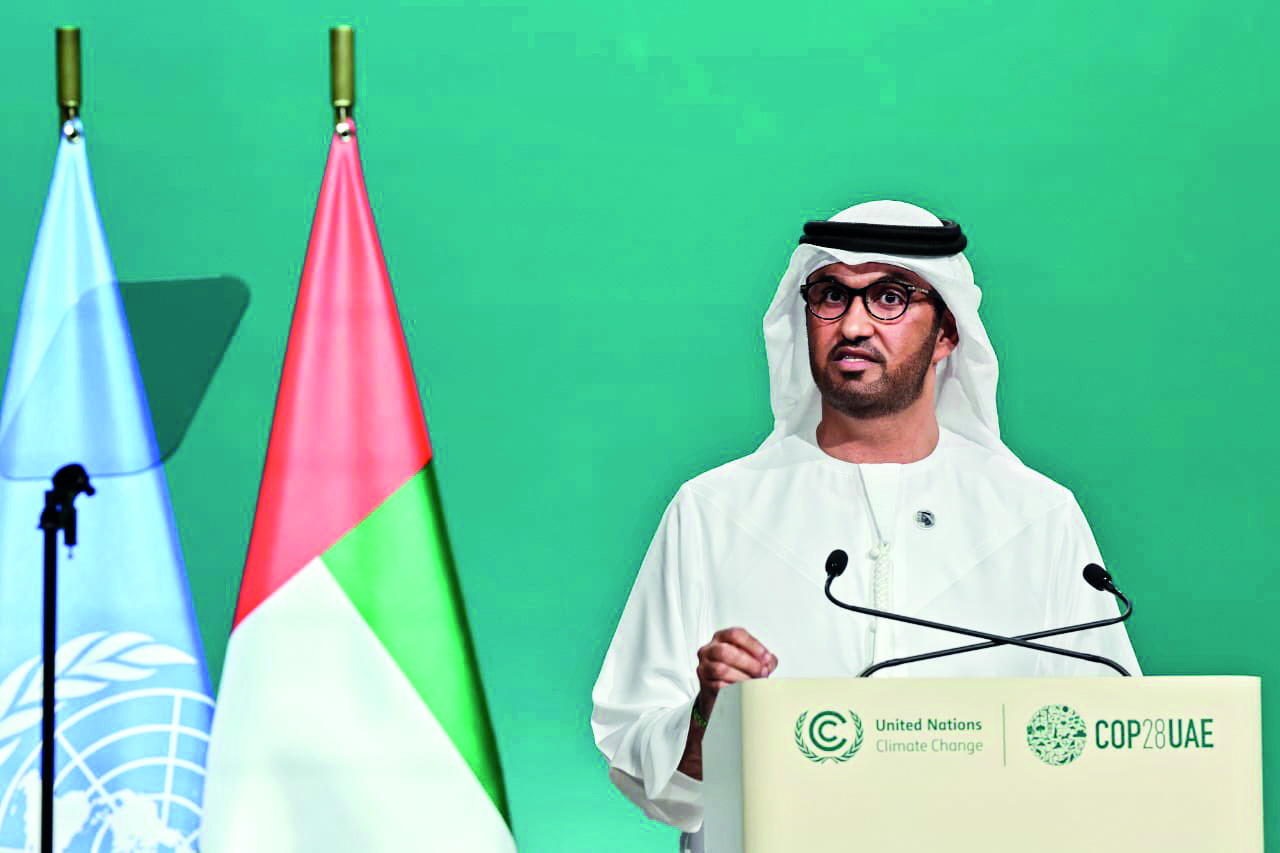Funds to compensate developing nations for climate impacts approved

Dubai: The UN climate talks here opened with a bang with countries clinching an early deal on how to compensate developing and poor nations that bear the brunt of the climate crisis despite contributing little to it, a decision welcomed by climate activists with caution.
The agreement on the operationalisation of the Loss And Damage Fund on the first day of the annual climate negotiations, called COP28, sets the stage for ambitious decisions over the next 12 days.
At the COP27 in Egypt’s Sharm El-Sheikh last year, rich countries agreed to establish a loss-and-damage fund. However, the decisions on funding allocation, beneficiaries and administration were referred to a committee.
Differences between countries were so stark that it necessitated additional meetings to resolve these issues.
A draft agreement was arrived at earlier this month and a revised agreement was released a day ago.
It asked the developed countries to contribute to the fund but said other countries and private parties could also make contributions.
“What was promised in Sharm El-Sheikh has already been delivered in Dubai,” Dr Sultan Al Jaber, COP28 president said and added: “The speed at which the world came together, to get this Fund operationalised within one year since Parties agreed to it in Sharm El-Sheikh is unprecedented.”
This decisive action on Loss and Damage will enable the Parties to focus on the strongest possible response to the Global Stocktake (GST), the world’s report card on progress toward Paris Agreement goals.
“This Fund will support billions of people, lives, and livelihoods that are particularly vulnerable to the effects of climate change,” Jaber said.
“I want to thank my team for all their hard work to make this possible on day one of COP28. It proves the world can unite, can act, and can deliver.”
“Over the next two weeks, this Presidency will work with Parties to now deliver the highest-ambition response to the GST.”
COP of the Conference of Parties to the United Nations Framework Convention on Climate Change (UNFCCC) is a platform where more than 190 countries hold
discussions to reduce carbon emissions to keep the global temperature rise to 1.5 degrees Celsius compared to the pre-industrial era as per the Paris Agreement of 2015.
The text of the draft stated that developed countries are “invited” to make contributions and developing countries say the actual needs are closer to USD 400 billion
per annum.



